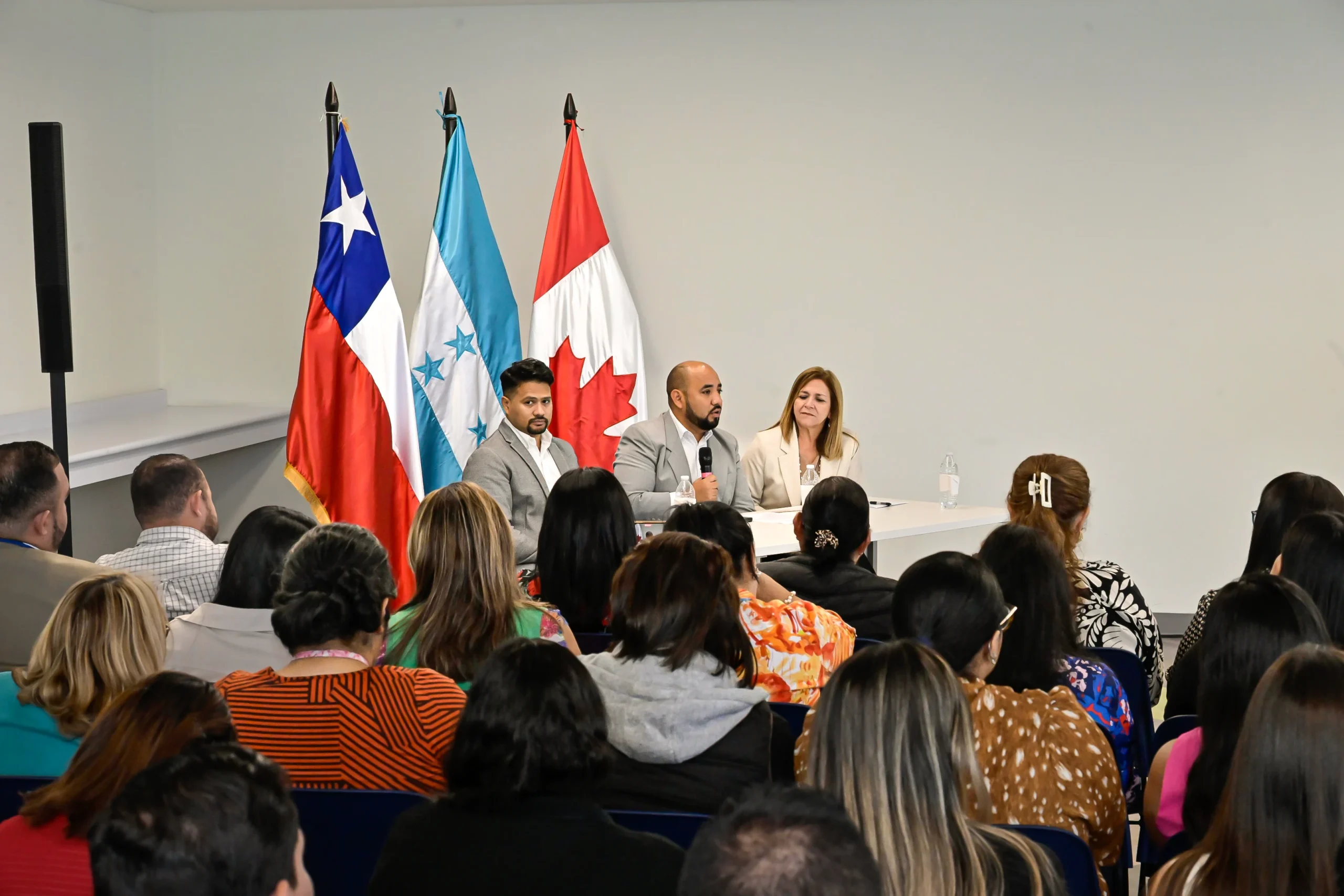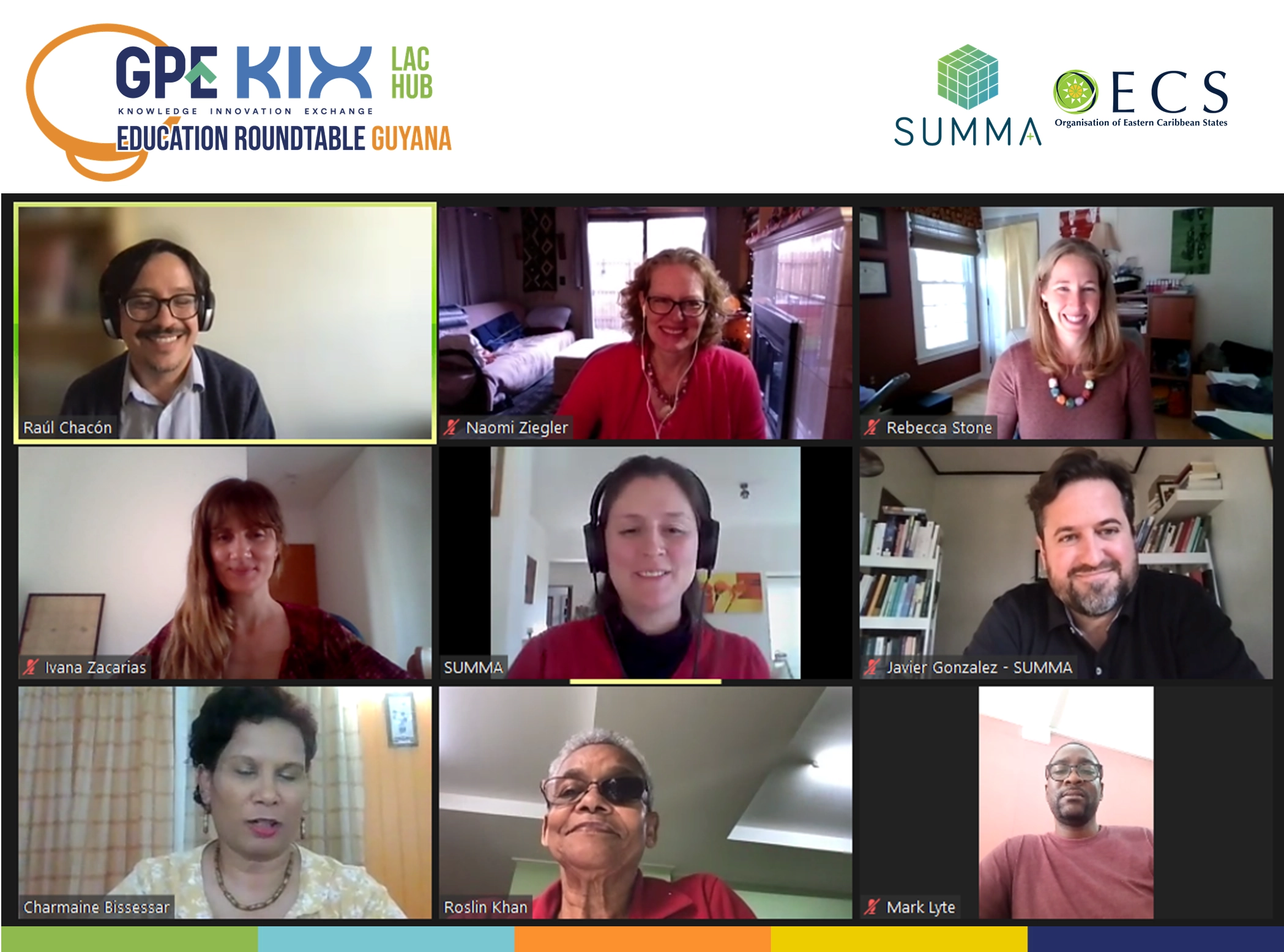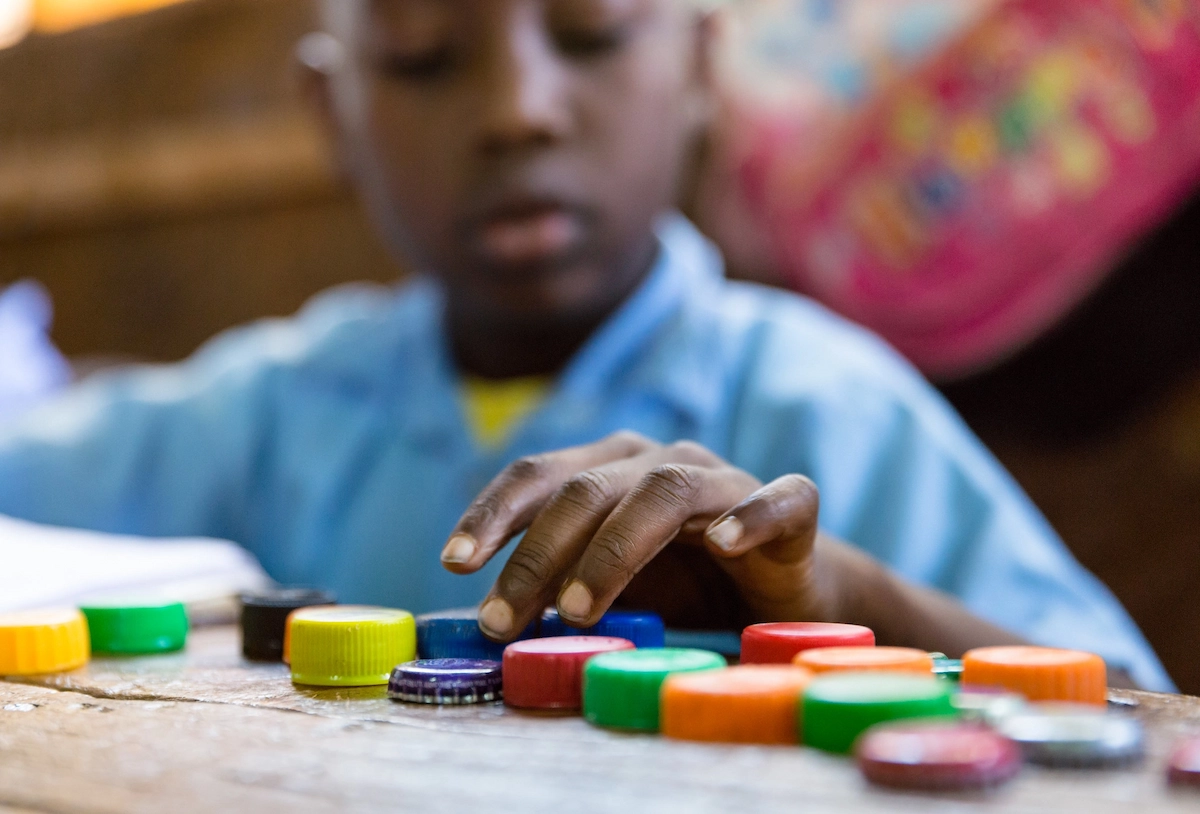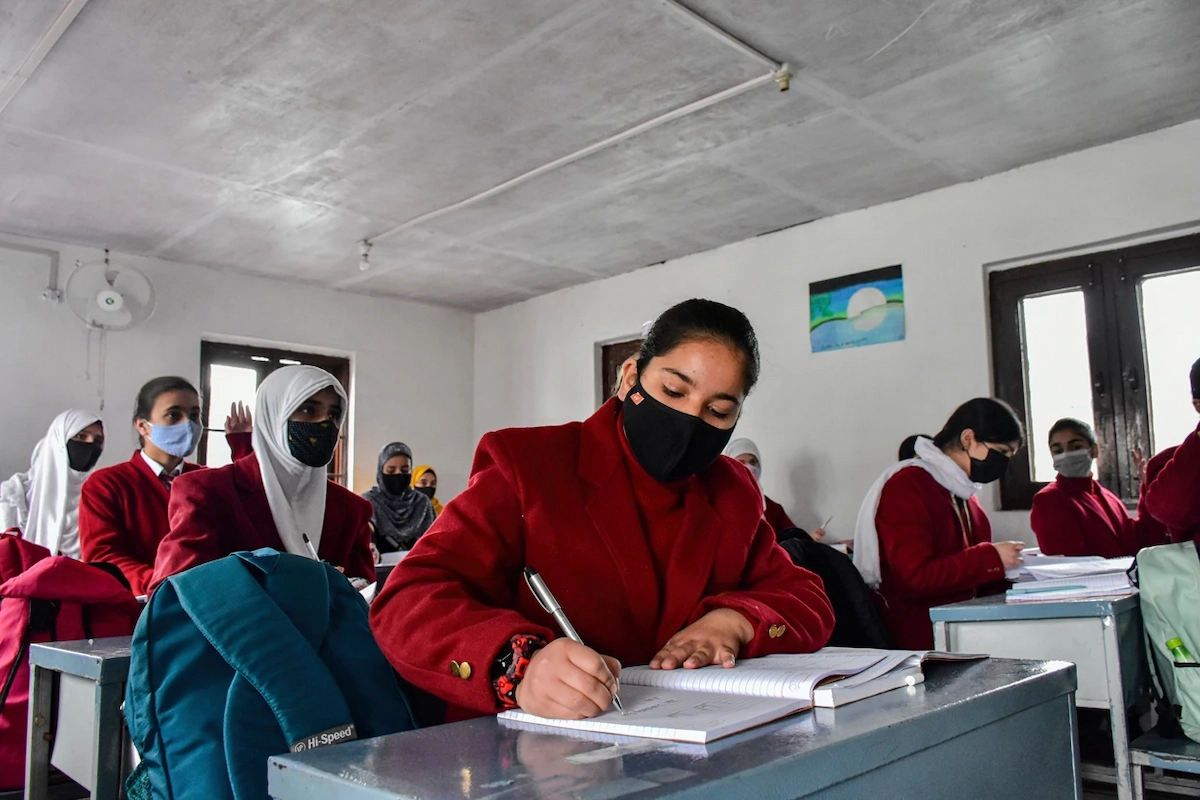KIX Conversations: The new Curriculum transforming Early Childhood Education in Guatemala
8 de October de 2025
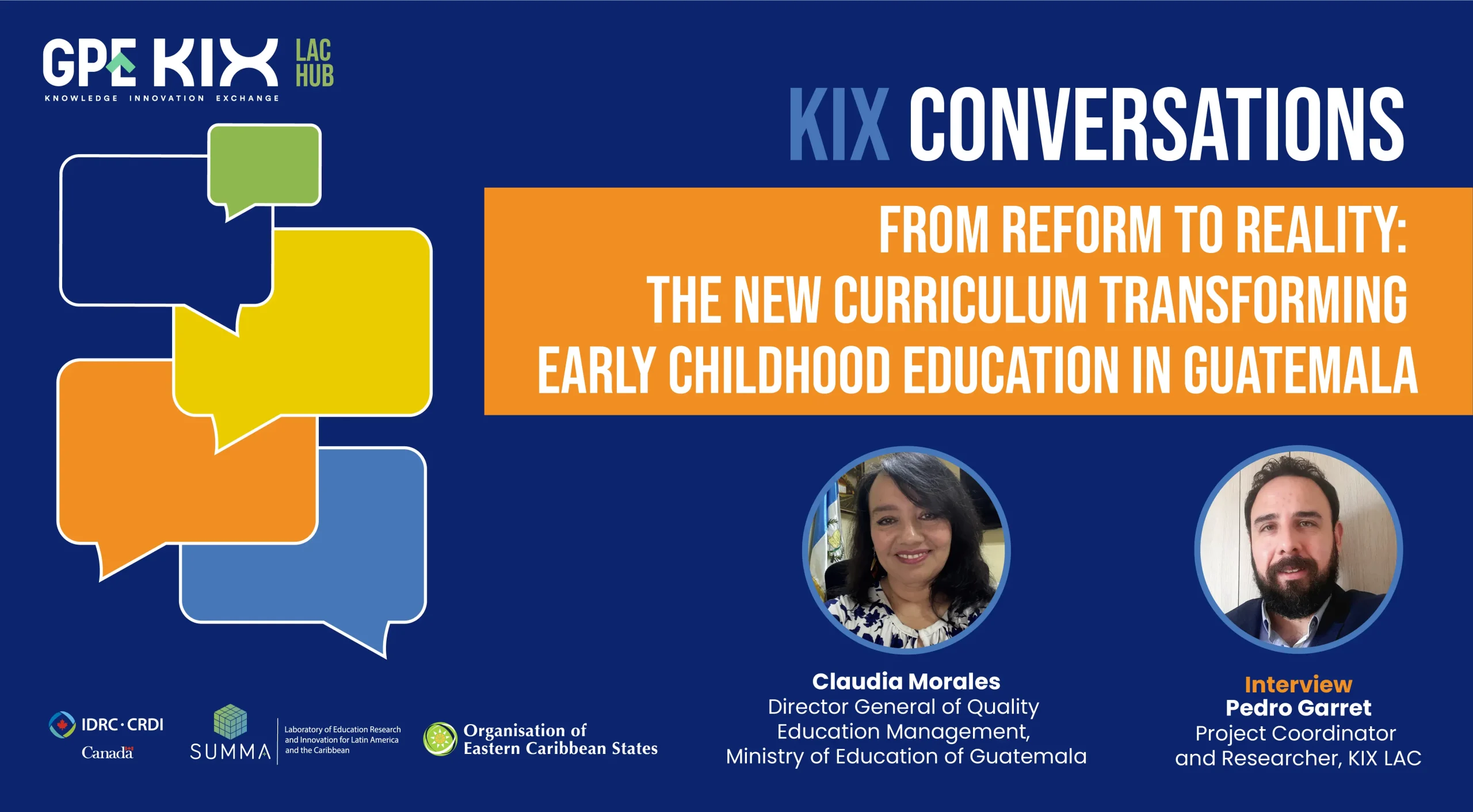
Share
🎥 Watch KIX Conversations | “From Reform to Reality: The New Curriculum Transforming Early Childhood Education in Guatemala” (in Spanish)
The latest edition of KIX Conversations featured Claudia Morales, Director General of Educational Quality Management at the Guatemalan Ministry of Education, who shared the main changes and motivations behind the update of the National Core Curriculum (CNB) for Pre-primary Education. This collaborative process made it possible, as well as the advances and challenges that this new curriculum poses in responding to diversity and contemporary challenges in the country’s classrooms. The interview, conducted by Pedro Garret, Project Coordinator and Researcher at KIX LAC, is part of the “Knowledge Mobilization Cycle: Use of Evidence for Early Childhood Education”.
To begin the conversation, Claudia Morales explained that the CNB update responds to both the need to continue the curriculum transformation process initiated with the educational reform and to the urgency of addressing the current challenges facing Guatemalan children. The new proposal maintains the philosophical and pedagogical principles of a comprehensive, inclusive, and relevant education, but incorporates key changes: greater clarity in the organization and prioritization of competencies, a stronger emphasis on social-emotional development, citizenship education, and respect for cultural and linguistic diversity, as well as preparing children to function in a world with much more complex cognitive and social demands.
This process, which was developed using a participatory and dialogic methodology, was supported by several enabling factors: the political will of the Ministry of Education, regulatory support, budgetary availability, and, above all, the integration of multiple voices. Technical teams, specialists, supervisors, departmental coordinators, teacher training college lecturers, and community representatives participated in regional validation workshops, technical reviews, and consensus-building forums that helped to ensure the coherence of the proposal. For Morales, this collective effort was essential to ensuring that the curriculum represented the diversity of contexts in the country.
The director also emphasized that the new CNB is implemented in the classroom with an inclusive and equitable approach that incorporates the intercultural bilingual dimension and the worldviews of the communities themselves. In addition, it promotes an active role for adult mediators in breaking down gender stereotypes and promoting the full participation of girls and boys in educational environments free from discriminatory practices. In her words, it is a curriculum that “does not remain on paper, but is lived out in everyday educational practice.”
Regarding initial progress, Morales highlighted that significant changes are already noticeable: a greater emphasis on play as a learning strategy, more autonomy and creativity among students, and the incorporation of content related to citizenship, the environment, and peaceful coexistence. Despite this progress, implementation has not been without difficulties. The most frequently cited by teachers has been the need for more training, especially in rural and multigrade schools, where the lack of resources makes it more difficult to implement the proposed changes. In response to this situation, the ministry has opted for ongoing training, technical support, and strategic alliances with communities and international cooperation agencies.
Regarding the next steps, the director emphasized that the priority is to consolidate implementation through ongoing training, systematically evaluate the impact of the curriculum, and refine it based on new evidence and emerging needs. She noted that the CNB should be understood as a flexible, perfectible, and living state project, capable of adapting to national and global changes. As for recommendations for other countries, she highlighted four key points: ensuring the inclusion of multiple voices in the process, basing decisions on solid evidence, maintaining constant political support, and conceiving the curriculum as a dynamic project that must adjust to changes in time and society.
In his closing remarks, he emphasized that investing in early childhood is the best decision a state can make: “Success in learning at different levels is based on the investment we make in early childhood. This is what will ensure that educational processes are more efficient and effective and that the indicators we aspire to move positively.”

